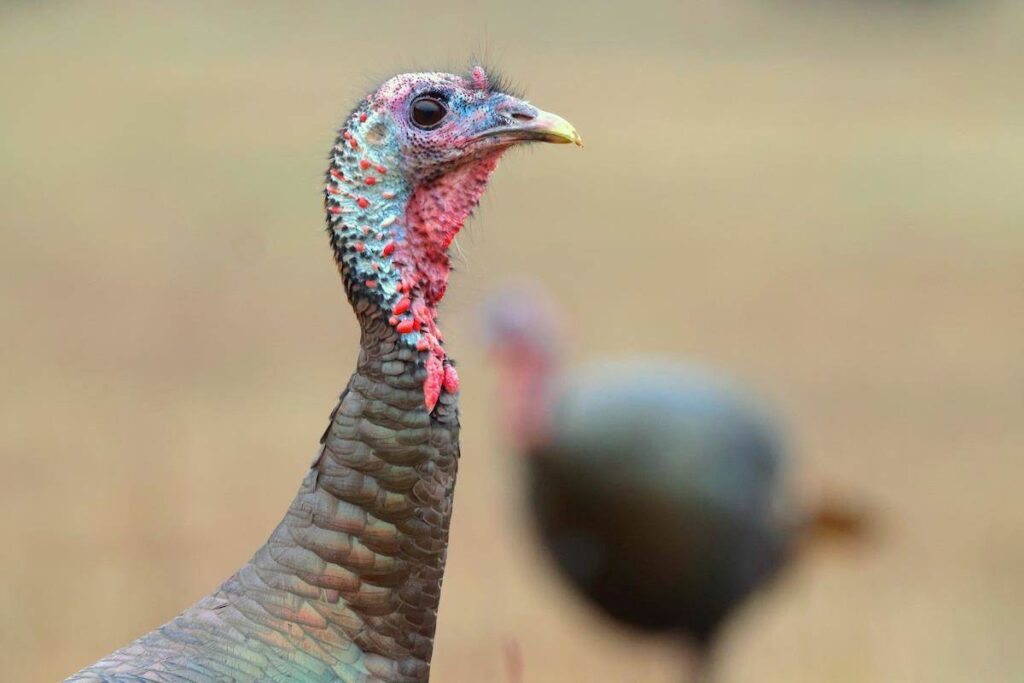
Training Checklist for Any Duck Dog

Author: Ducks Unlimited
Published: October 31, 2022
Delta Waterfowl’s checklist for duck dogs! Check it out.
“Today’s retriever training literature tends to focus on some rather advanced skills, such as land-water-land retrieves, handling to 200-yard blind falls, and even greater complexities. Certainly these capabilities increase the dog’s capacity as a conservation tool, but does the average hunter truly need or desire to reach that level? In my view, a duck dog can be considered perfectly adequate as long as it’s proficient with the following basic tasks.
Retrieves Seen, Marked Falls
If a retriever sees a bird smack the water’s surface, then he ought to go get it. This is the most basic tenet of retriever proficiency. In time, through training and hunting experience, most dogs worth their salt learn to mark and remember several seen falls at once. Chessies notoriously excel in this memory exercise.
Hunts “Dead”
Ideally every retriever should learn to take a line and hand signals from his master toward blind (unseen) falls. It’s the fastest route to recovering birds and resuming the hunt. Yet dogs lacking this skill might still be considered adequate, as long they can be led to the area of the fallen bird and commanded to “hunt dead.” The drawback to this routine is it consumes time and might allow crippled birds to escape. And if you’re in open water, well, fire up the outboard. However, we’re adhering to what constitutes an “adequate” duck dog, not a polished one.
Retrieves to Hand
The adequate dog delivers each duck into the hands of his master — or at the very least, into the blind or boat. Ducks dropped halfway to the blind defeat the purpose of sending the dog in the first place. And dropped, crippled birds pose a special issue. Some argue the solution is to “force-fetch” every retriever as a means to circumvent retrieve refusal. I part ways with some very accomplished trainers in this regard: I believe a duck dog can reach adequacy without being force-fetched. As long as the dog loves birds — which should come instinctively — and has positive early experiences with them, in my experience he isn’t likely to spit them out prematurely. In fact, many dogs would rather hold onto ducks longer than permitted.”
To read the full article, click here.
Photo Credit: Original Author






No Comments